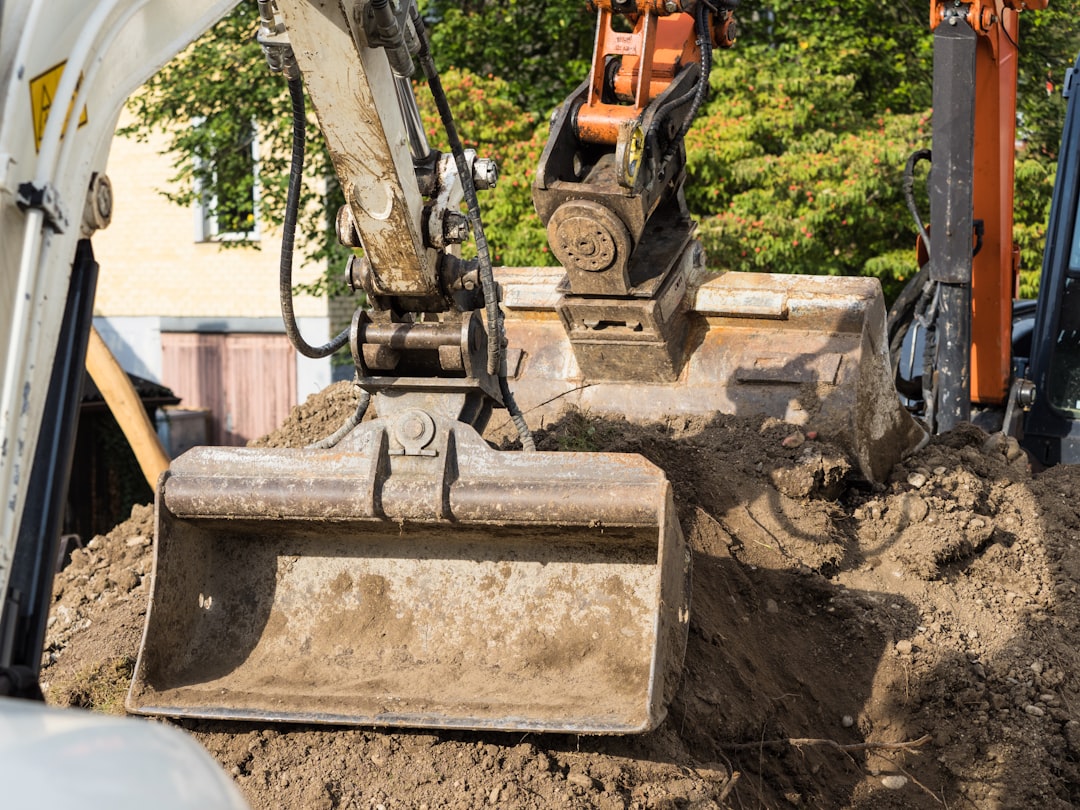CountBricks: Gas Pipe Installation Costs in Austin, TX
Construction Cost Hub – Austin
Price source: Costs shown are derived from our proprietary U.S. construction cost database (updated continuously from contractor/bid/pricing inputs and normalization rules).
Eva Steinmetzer-Shaw
Head of Marketing
Introduction: Accurate Gas Pipe Installation Costs in Austin, TX
For construction professionals searching for 'the gas pipe Austin TX,' understanding precise installation costs is crucial. In 2026, the average cost for installing a residential gas line in Austin ranges from $15–$50 per linear foot per linear foot. This includes essential components like schedule 40 black steel pipe, risers, tracer wire, excavation, backfill, pressure testing, and rough-in inspection. Additional costs for appliance connections and final inspection typically range from $100–$300.
Understanding Austin's Gas Code Requirements
Local regulations can significantly impact project costs. Austin's specific codes, such as trench depth and approved materials, require careful consideration. CountBricks provides up-to-date information on permitting fees and inspection requirements, ensuring compliance and efficiency.
Key Cost Factors for Gas Pipe Installation
- Service Distance: The length from the meter to the appliance affects pipe diameter and footage.
- Soil Conditions: Central Texas clay requires additional considerations like bedding gravel.
- Appliance Load: High BTU demands from appliances like tankless water heaters affect pipe sizing.
- Permitting and Inspections: Austin's tiered fees depend on pipe length and project type.
How CountBricks Ensures Accurate Estimates
- Voice Capture: Input project details via the CountBricks app.
- AI Takeoff: Our system analyzes your input and blueprints for precise mapping.
- Local Cost Database: Access current labor and material costs, updated weekly.
- Smart Adjustments: Real-time updates for material price changes or code modifications.
Case Study: Efficient Gas Line Installation
A South Austin kitchen repipe project demonstrates CountBricks' efficiency. The original estimate was $2,000–$5,000, but using CountBricks, the subcontractor provided a detailed estimate of $2,000–$5,000, approved within 24 hours, saving $2,000–$5,000 in overestimation.
Material Choices for Austin's Climate
- Black Steel: Cost-effective but labor-intensive.
- CSST: Flexible and ideal for remodels, requires bonding.
- Polyethylene: Suitable for underground mains, requires tracer wire.
- Copper: Limited use due to cost and soil reactions.
Pro Tips for Successful Inspections
- Schedule inspections 24 hours before burial for visibility.
- Maintain a 10-psi air test for 15 minutes.
- Document trench depth with photos for records.
Integrating Estimates into Your Workflow
CountBricks exports data to various formats, ensuring seamless integration into your workflow. Create branded proposals to enhance client trust and streamline project management.
Conclusion: Transforming Searches into Contracts
Leverage CountBricks to convert 'the gas pipe Austin TX' searches into actionable contracts. Our platform provides the tools needed for accurate, efficient, and compliant gas line installations. Visit CountBricks.com to learn more.
Enhancing Field Operations with CountBricks
Beyond estimates, CountBricks offers tools to optimize field operations, ensuring successful project execution and client satisfaction.
Dynamic Task Sequencing
- Automated scheduling adjusts for weather and inspection changes.
- Notifications for critical tasks like 811 locates and material orders.
Material Management with Local Suppliers
- Reserve materials at quoted prices with local distributors.
- Receive suggestions for alternatives if stock is low.
Streamlined Close-Out Documentation
- Capture final test photos with the CountBricks app.
- Upload inspection sheets for record-keeping.
- Generate and send warranty documents to clients.
Case Study: Quick Turnaround Success
A Circle C Ranch remodel achieved a two-day turnaround using CountBricks, with materials reserved and inspections passed efficiently, resulting in a 17% higher profit margin.
Elevate Your Gas Piping Projects
CountBricks streamlines every aspect of gas piping projects, from initial search to final payment. Join the professionals who trust CountBricks.com for compliant and profitable projects.

